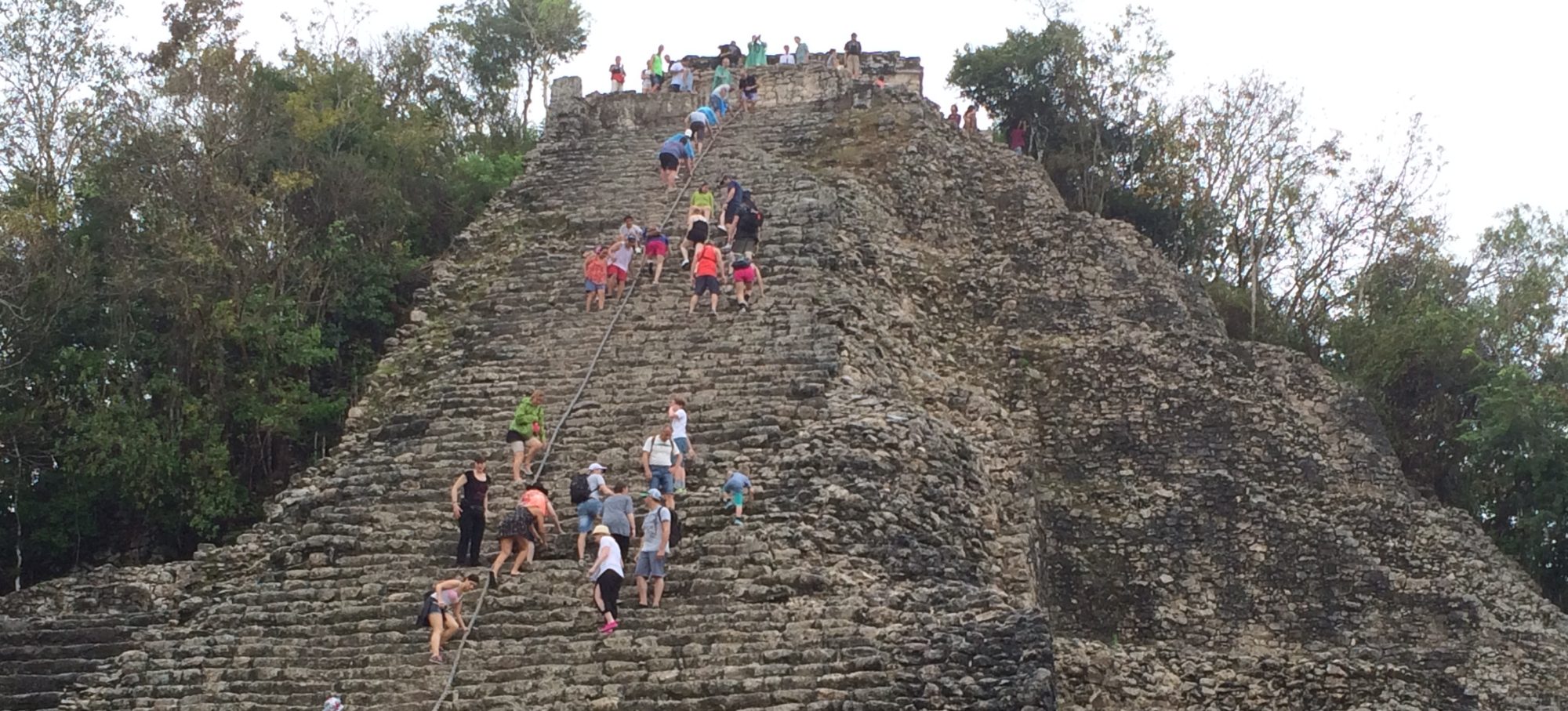March 11, 2023 Professor Michael Carrasco: “Writing, Ritual, and Rulership in Formative Period Mesoamerica.”
From the Middle through the Late Formative periods, a range of scribal traditions emerged across Mesoamerica, seemingly inspired by initial contact with an ancestral Early and Middle Formative iconographic and incipient script system. Some of these, such as Zapotec and Maya, developed further and are attested in numerous examples. Others did not. The Olmec system, found on the Cascajal Block, did not survive, but its literary forms, writing conventions, and the rituals that are alluded to and depicted persisted within the narratives and visual rhetoric of later script and iconographic traditions. In this talk, Dr. Carrasco examined a series of Middle Formative period inscriptions and images associated with bloodletting, ritual, and rulership, and traced these topics as they are eventually articulated in later traditions.
Michael D. Carrasco is Associate Dean of Academic Affairs and Associate Professor of the Visual Cultures of the Americas in the Department of Art History at Florida State University. His research and teaching center on the visual cultures of the Indigenous Americas, particularly the Maya and Olmec. Dr. Carrasco draws on interdisciplinary perspectives to elucidate the origins of writing in the Americas and examine indigenous aesthetics, theology, and epistemologies. In addition to journal publications and chapters, his writings include the co-edited volumes Under the Shade of Thipaak: The Ethnoecology of Cycads in Mesoamerica and the Caribbean(University Press of Florida, 2022), Interregional Interaction in Ancient Mesoamerica (University Press of Colorado, 2019), Parallel Worlds: Genre, Discourse, and Poetics in Contemporary, Colonial, and Classic Maya Literature (University Press of Colorado, 2012), and Pre-Columbian Foodways: Interdisciplinary Approaches to Food, Culture, and Markets in Ancient Mesoamerica (Springer, 2010). This scholarship has been supported through internal and external grants, including ones from the National Endowment for the Humanities, the Consejo Nacional de Ciencia y Tecnología (CONACYT), and the Japan Council of Local Authorities for International Relations (CLAIR).
A recorded version is available for Society members at Meeting Archives.

